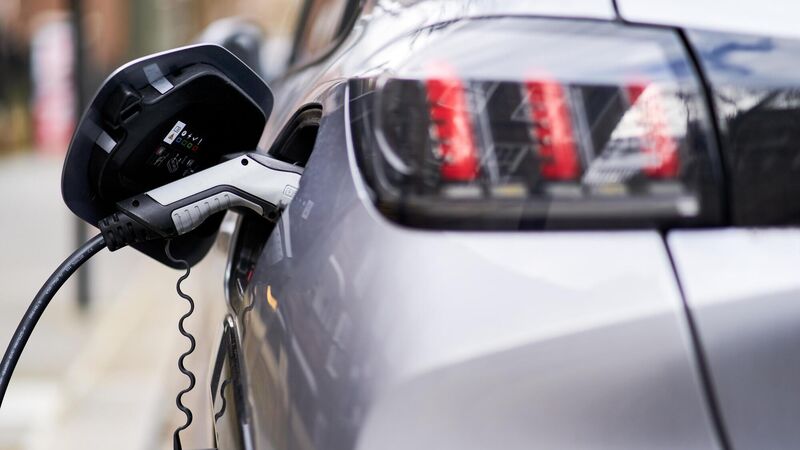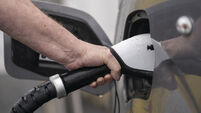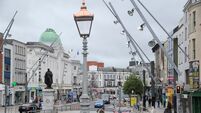Only 6% of State-owned vehicles are electric or hybrid

Solely electric vehicles accounted for 552 of State-owned vehicles. File photo
Just over 6% of State-owned vehicles are electric or hybrid models, compared to 8% of vehicles owned by the general public, new figures from the Department of Transport have shown.
As of 31 December 2023, 769 (6.4%) out of the 12,728 State-owned vehicles were electric or some form of hybrid.













